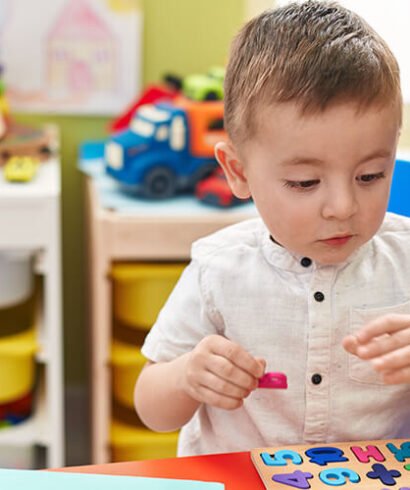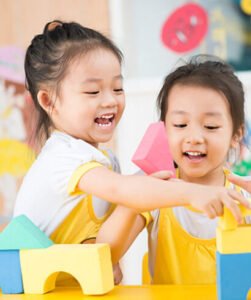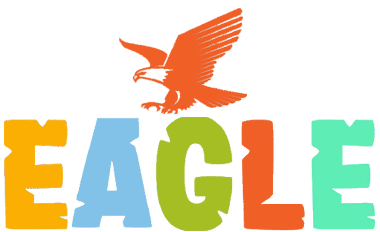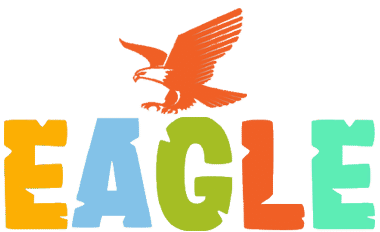
Benefits of Early Education:
Cognitive Development
Early education stimulates brain development during the most critical period of rapid growth. This is when children form neural connections that support learning and problem-solving.
- Improved Memory: Activities such as storytelling, puzzles, and structured play improve a child’s memory and comprehension.
- Logical Thinking: Exposure to games and exercises involving patterns, numbers, and sequences lays the groundwork for logical reasoning and analytical thinking.
Language and Communication Skills
The early years are crucial for language acquisition, and structured early education can significantly enhance a child’s vocabulary and communication skills.
- Enhanced Expression: Children learn to articulate their thoughts and feelings through storytelling, conversations, and group discussions.
- Multilingual Proficiency: Introducing additional languages early enhances cognitive flexibility and cultural understanding.
Emotional and Social Development
Early education helps children navigate their emotions and interact effectively with others.
- Building Confidence: Activities that encourage self-expression, such as show-and-tell or role-playing, boost self-esteem.
- Empathy and Cooperation: Group activities teach children to share, take turns, and empathize with their peers.
Critical Thinking and Problem-Solving Skills
Engaging children in hands-on activities and exploration fosters their ability to think critically and solve problems independently.
- Creativity: Arts and crafts, open-ended projects, and imaginative play encourage innovative thinking.
- Decision-Making: Activities like choosing how to approach a task or solve a puzzle develop decision-making abilities.
Establishing a Love for Learning
Early education sets the tone for a child’s attitude toward school and learning.
- Curiosity and Exploration: A well-rounded curriculum encourages children to ask questions and explore new concepts with enthusiasm.
- Positive Learning Habits: Structured routines and consistent engagement create a foundation for discipline and focus.
Preparing for Future Academic Success
Children who receive early education often perform better in school and are more likely to succeed academically.
- Foundational Skills: Reading readiness, basic math concepts, and early exposure to science create a strong academic base.
- Transitioning to Formal Education: Early education makes the shift to elementary school smoother, as children are already accustomed to structured learning environments.
Physical and Motor Skill Development
Activities in early education also focus on gross and fine motor skills.
- Gross Motor Skills: Outdoor play, dancing, and physical exercises help develop coordination and balance.
- Fine Motor Skills: Drawing, cutting, and building activities strengthen hand-eye coordination and dexterity.
Exposure to Diversity and Inclusion
Early education provides opportunities to interact with peers from various backgrounds, fostering cultural appreciation and social adaptability.
- Building Friendships: Learning to interact with others from a young age helps children form meaningful relationships.
- Tolerance and Respect: Exposure to diverse ideas and perspectives instills respect for others’ differences.


How Do We Support Early Education in Our School?
At our school, we strive to create an engaging and nurturing environment where children thrive. Our approach includes:
- Interactive Learning:
A dynamic curriculum that incorporates hands-on activities, creative play, and interactive lessons to keep children curious and motivated. - Modern Teaching Strategies:
Leveraging innovative methods to nurture independence, creativity, and critical thinking from an early age. - Cultural Diversity:
Providing exposure to a multicultural setting, which broadens perspectives and enhances interpersonal skills.
Message to Parents
Early education is not just a starting point; it is a collaborative journey between the school and the family. At school, we ignite curiosity and build foundational skills. At home, you can reinforce this by providing a supportive environment that encourages exploration and learning.Together, let us nurture confident, capable, and compassionate individuals ready to embrace the future.

